A Guide to Getting a Mortgage for Self-employed Individuals
Whoever had to deal with the mortgage application knows how this process can be tedious and confusing. This guide to getting a mortgage for self-employed individuals will show you what you can expect during the process.
For many, a bit more traditional lenders, self-employed individuals bear a greater risk. Since they are not able to accurately determine whether your income is stable enough and whether you will be able to regularly settle your monthly liabilities, these lenders are often unwilling to deal with this potential risk.
Although at first it may seem that self-employed individuals are undesirable in the mortgage application process, this is not the case. You may need to provide some additional documentation and pass a few more checks, but ownership of the property should not stay out of your reach.
Mortgage Application Process
With 100% digital application, the mortgage application process can be simple and transparent for everyone. All applications are customized, so you will not be asked a bunch of questions irrelevant to your situation.
If you sign and submit your documents online and allow your lenders to request info from third-parties, you will avoid most of the unnecessary paperwork. In fact, at the end of the process, it usually turns out that self-employed individuals provide almost the same amount of information as non-self-employed borrowers.
Take some time to understand the mortgage application process for self-employed individuals, and you will be surprised how it can all run smoothly.
Why Is Your Income Important?
In order to determine whether or not you are suitable for a loan, your potential lenders will look at your income history and will compare your income to your monthly liabilities.
In order for your income to be taken into account in your mortgage application process, you will need to be self-employed in the same line of business for at least two years before the beginning of the application process. To provide this information, you will need to submit two years of your tax returns in which you own 25% or more of the business. With this information, you can prove whether or not your income is consistent and stable enough over a two-year period.
How Is Your Income Calculated?
Keep in mind that only your net income will be taken into account. A net income is an amount you get after you subtract your expenses from your total gross income. But there is one exception to this rule - depreciation on business purchases. So, although you might want to write off those business expenses for tax purposes, it might be a good idea for you to plan ahead. You can add those depreciations back to your net income and increase your chances in the mortgage application process.
Since self-employed individuals are at greater risk (due to their variable income), lenders will have to take this risk into account when calculating your income over the past two years.
If your net income in the second year is greater than the one in the first year, they will take the average of the two years. But, if your net income is lower in the second year, they will have to take the lower value into consideration.
The Down Payment
If you are using the same account for your personal and business funds, you should separate those funds before starting the mortgage application process. Separating these funds can help you avoid a paperwork headache when verifying the funds being used for a down payment. For any funds you are planning to use, you will need to provide two months worth of bank statements. Unsourceable funds cannot be used, and you will need to be able to explain and verify any big transfers or deposits. So, plan ahead, and transfer the funds you are planning to use as down payment at least two months in advance of your mortgage application process.

